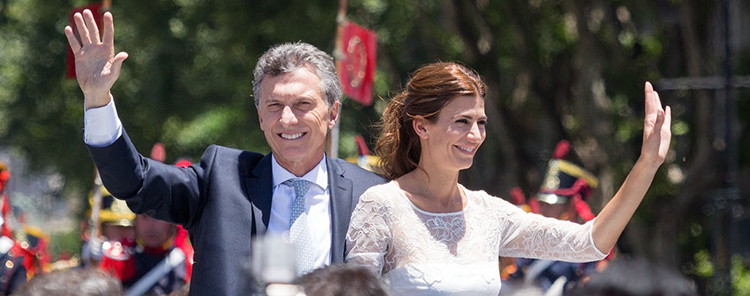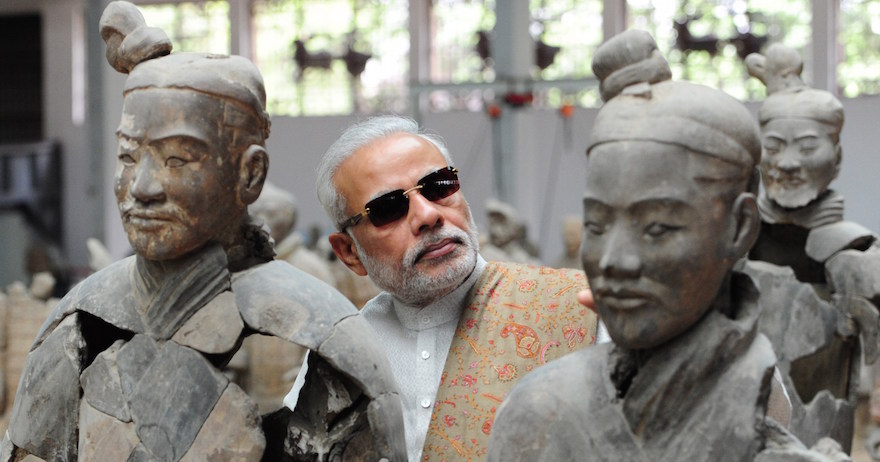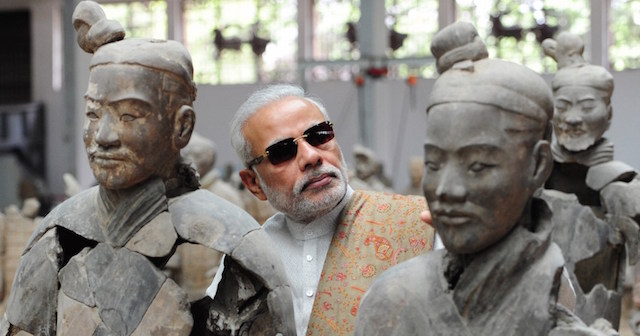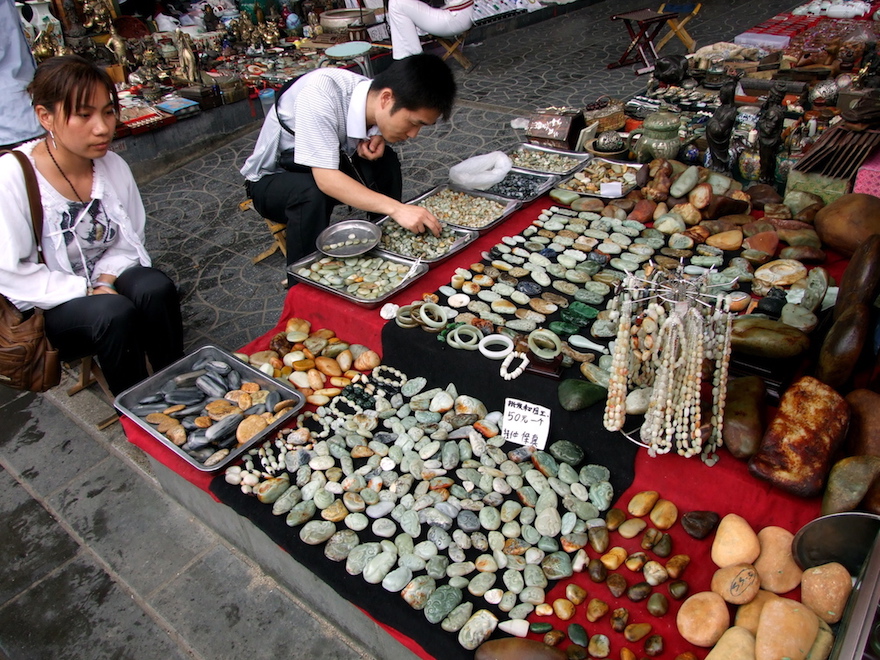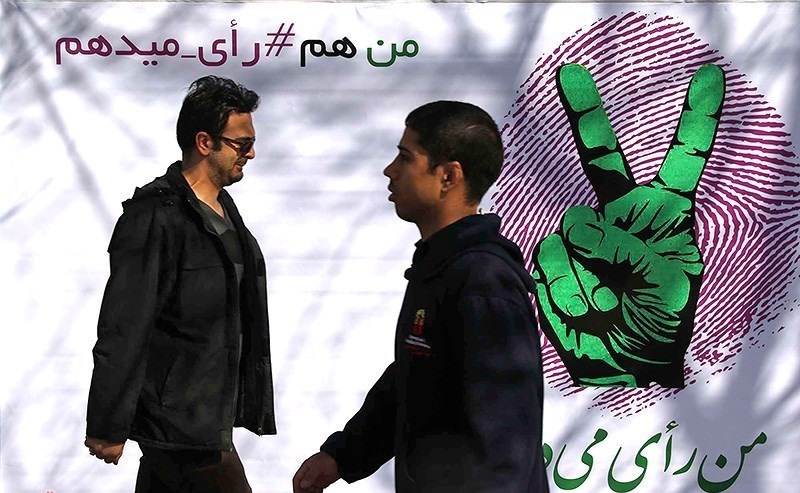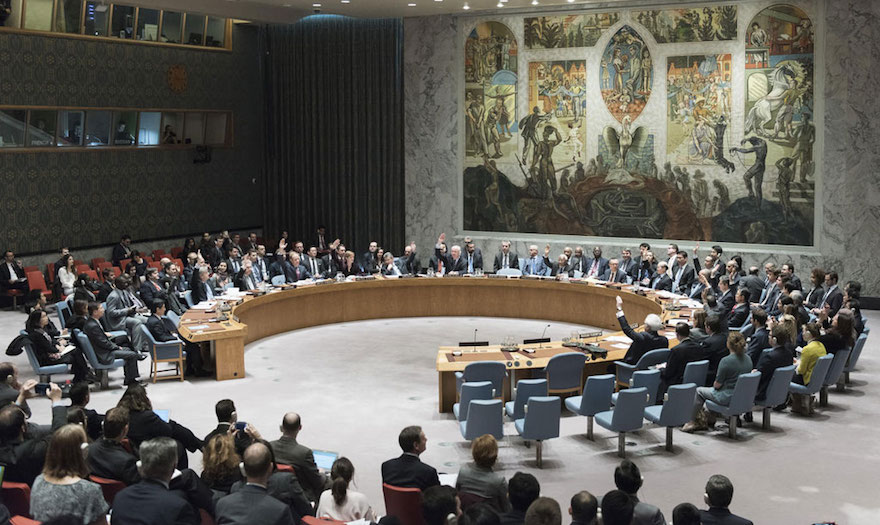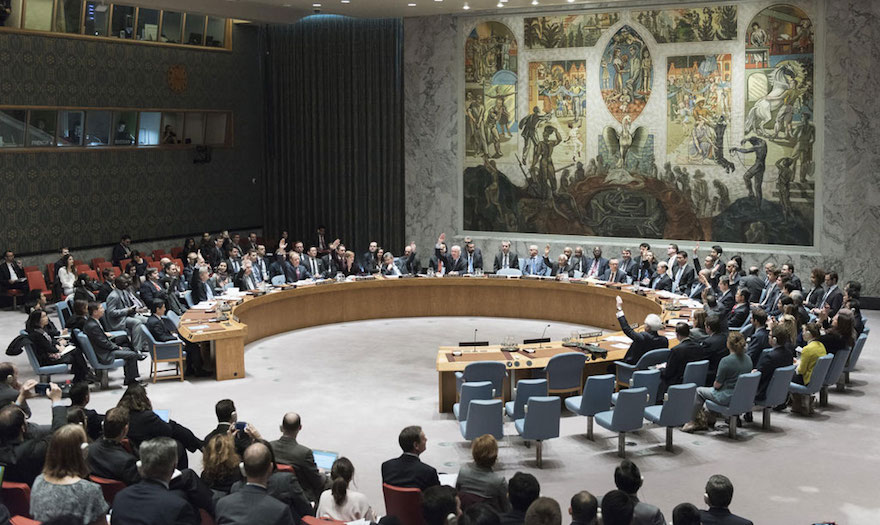Analysis by Yuefen Li*
GENEVA (INPS | South Centre) – Argentina signed an agreement in principle on February 29, 2016 with four “super holdout” hedge funds including NML Capital Ltd, Aurelius Capital, Davidson Kempner and Bracebridge Capital. Buenos Aires would pay them a total of about $4.65 billion, amounting to 75 percent of the principal and interest of all their claims of Argentina’s bonds that were defaulted on during the 2001 debt crisis.
The payment is to be made in cash before April 14, 2016, provided that Argentina’s Congress approves the repeal of Argentina’s domestic laws, namely the Lock Law and the Sovereign Payment Law, which prohibit the country from proposing terms to the holdouts that are better than those Argentina offered to its creditors in earlier restructurings.

